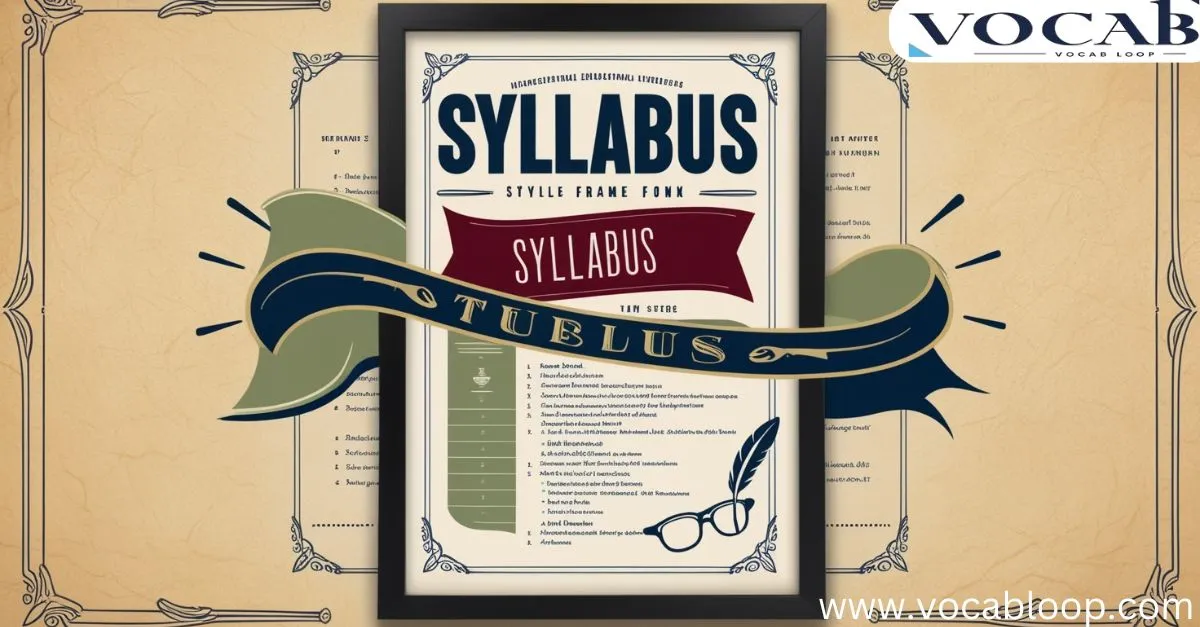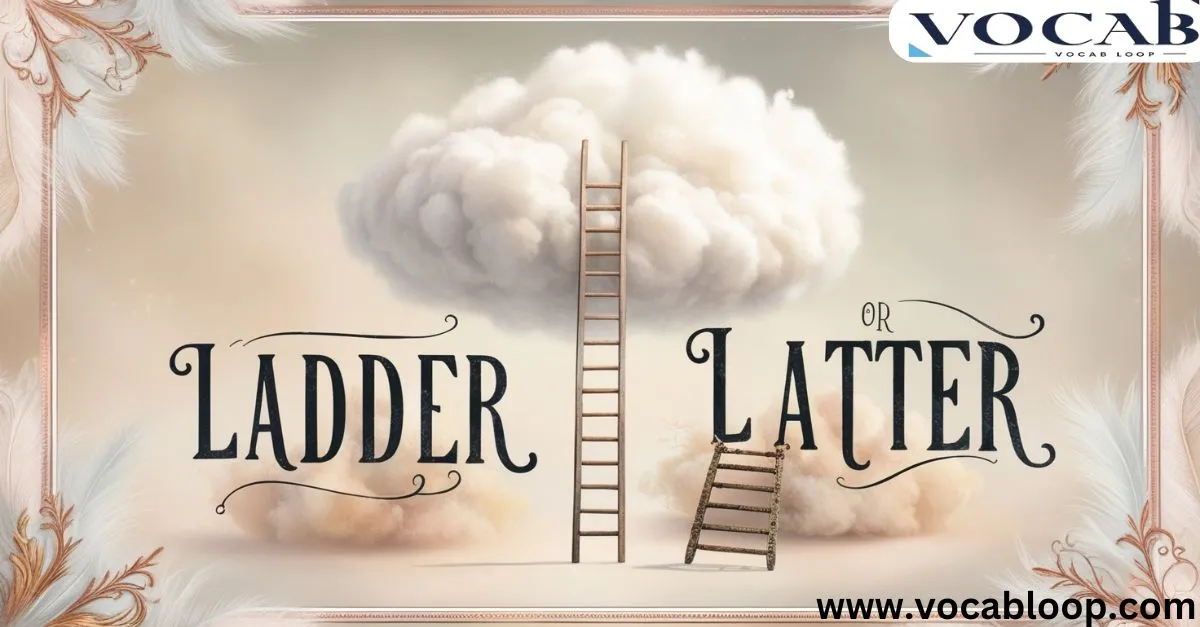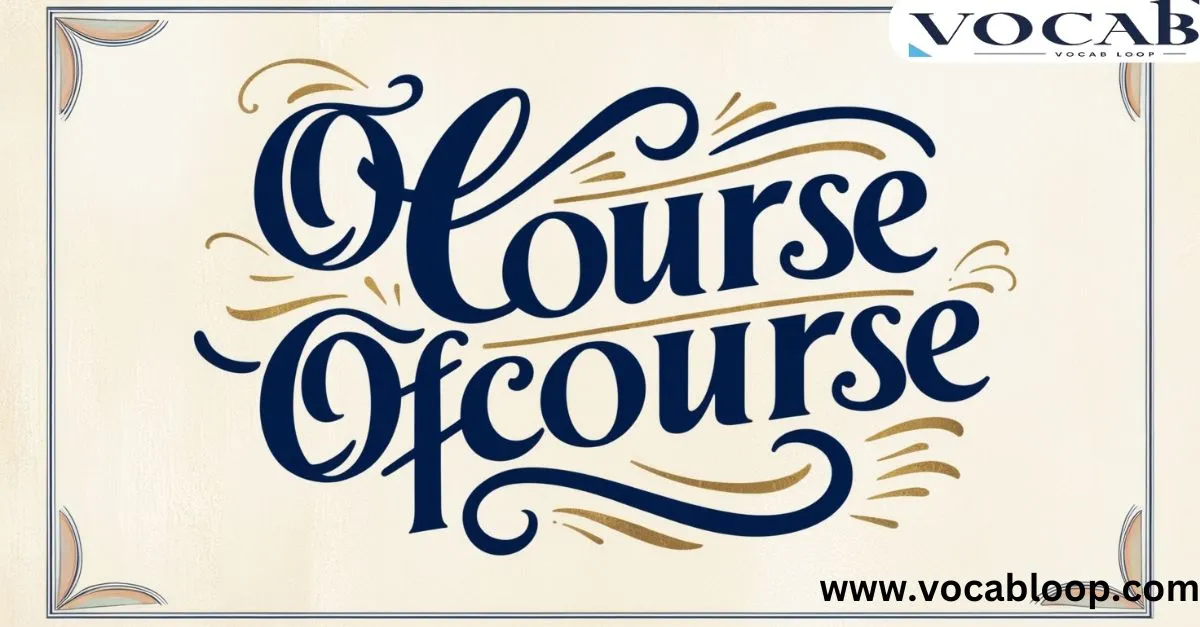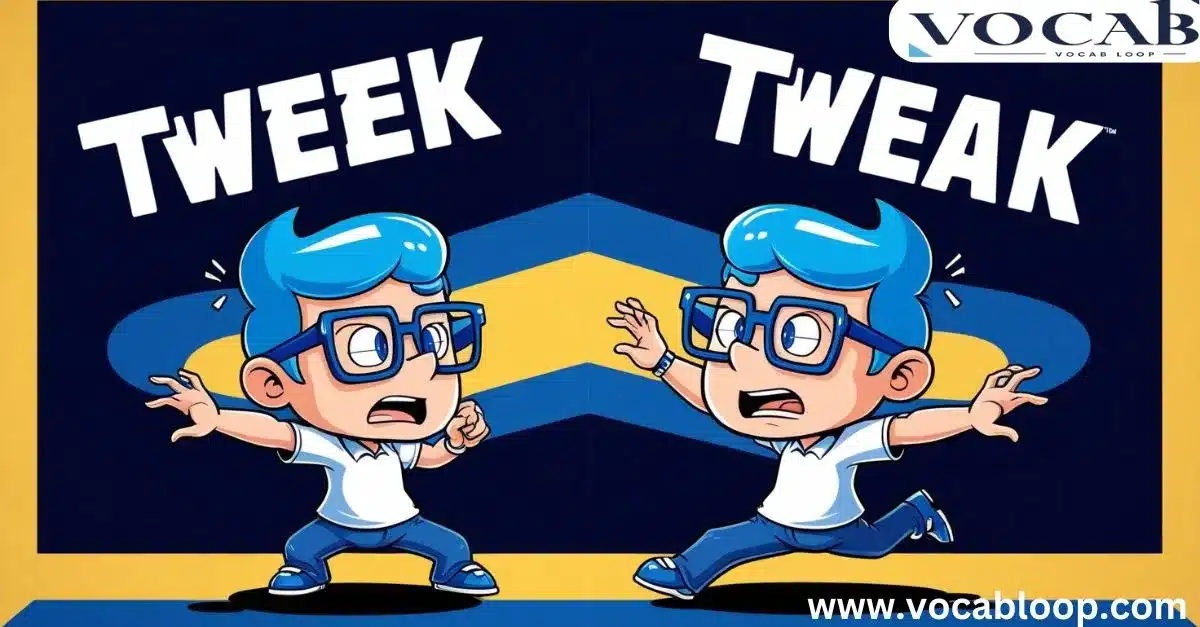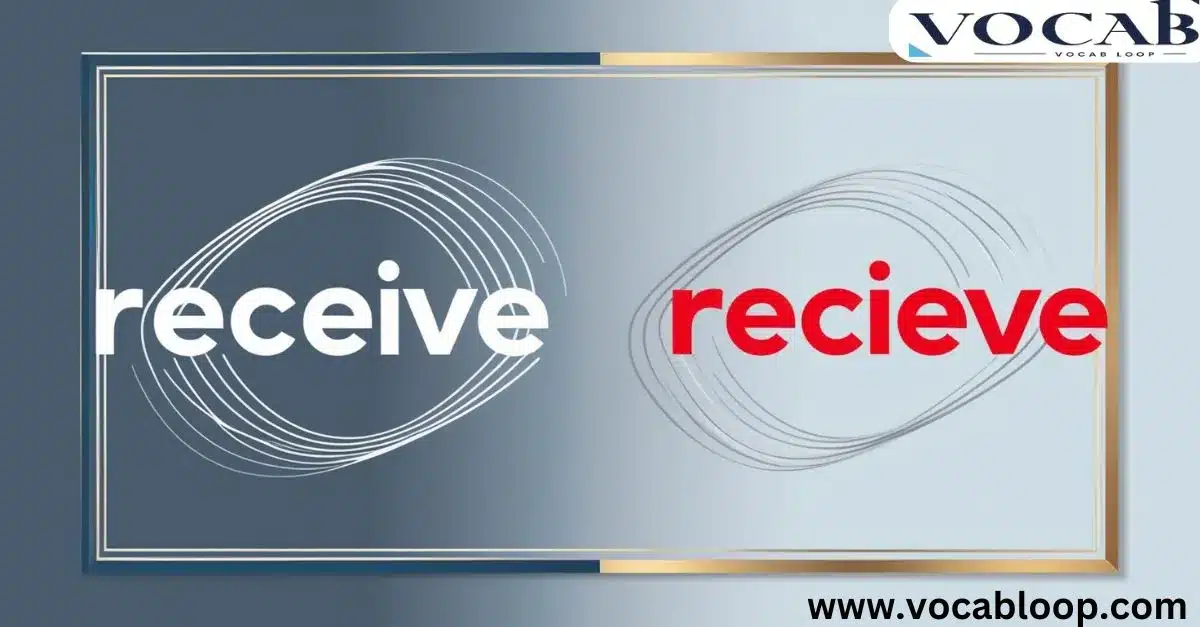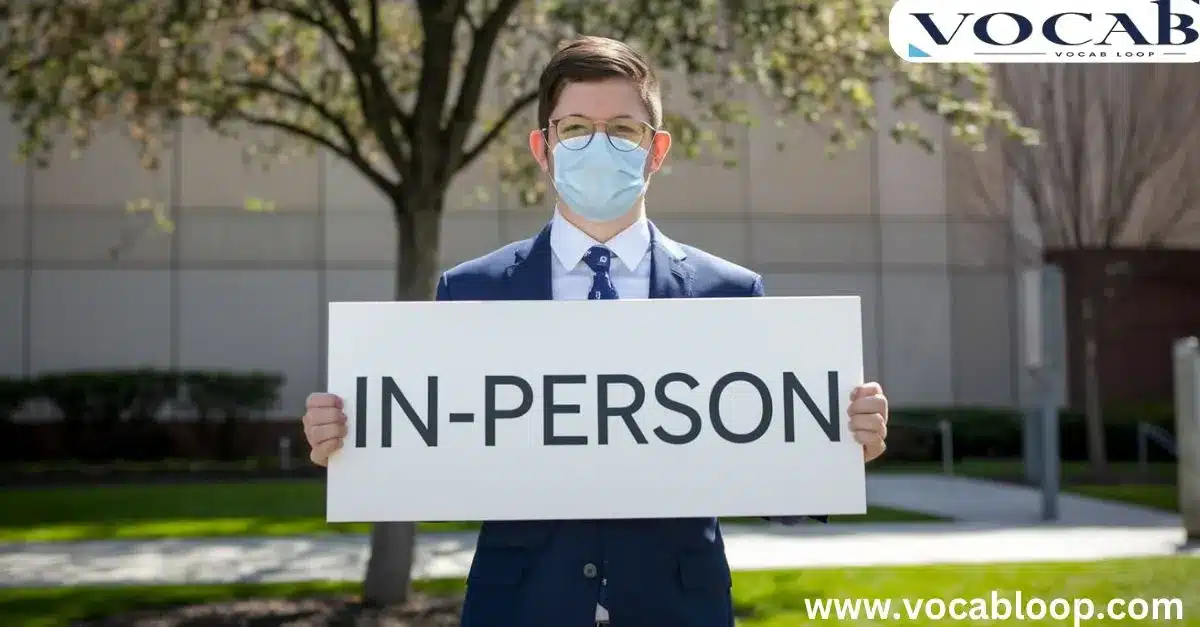Plural of Oasis: Difference with meaning and example
The English language often presents fascinating challenges in word usage, and the plural of oasis stands as a prime example. This term, originating from ancient civilizations and carrying profound meaning, continues to intrigue language learners and native speakers alike. Whether you’re describing a literal water source in a desert or metaphorically referring to a peaceful sanctuary in … Read more



